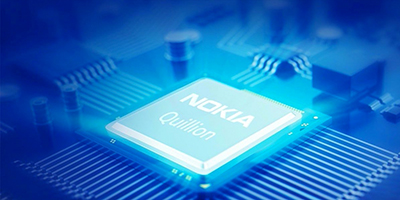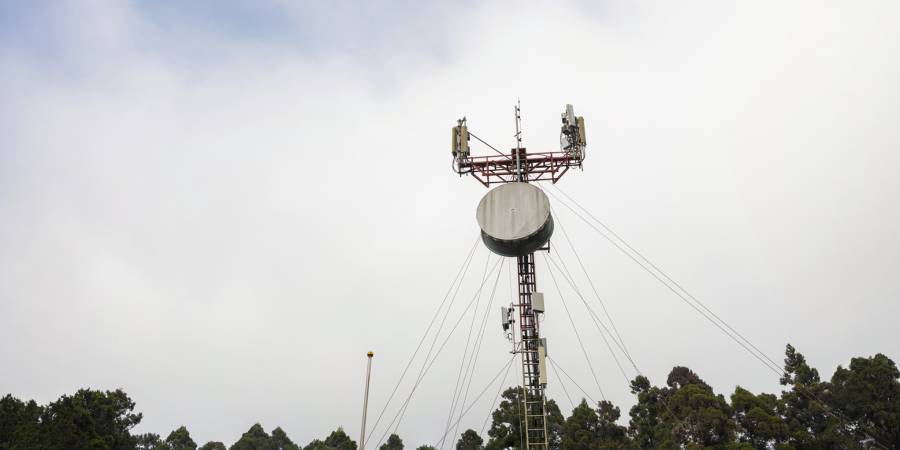
Nokia announced it has reached the 100-customer milestone for the Quillionchipset-based broadband solutions used in next-generation fiber and copper telecommunication networks. Quillion is now being deployed in more than 40 countries around the world.
Nokia started shipping the inhouse-designed Quillion based solutions in 2020. Early customers for GPON or XGS-PON include Proximus, Chorus, Telefonica, KPN, Oi Brazil, TDS Telecom, Hotwire Communications and TIM.
Most of Nokia’s fiber shipments are based on the Quillion ‘Multi-PON’ solutions which support today’s 10Gb/s passive optical networks and is the only solution on the market that enables 25Gb/s for high capacity applications, for instance for 5G transport.
Quillion based solutions use 50+% less power in fiber installations than previous generations and are two years ahead of the Codes of Conduct for Broadband Communication Equipment targets, helping operators to meet their emissions goals.
Sandra Motley, President, Fixed Networks Division at Nokia, said “Next generation access is accelerating. Consumers and businesses need more broadband, and that trend will continue. Operators need innovative solutions that will enable them to keep up with the demand, keep cost under control and future proof their networks, including using fiber for 5G transport. We have developed Quillion to ensure we can bring state-of-the-art solutions that our customers need.”
Ed Hyde, Chief Customer Officer, Chorus said: “New Zealanders have wholeheartedly embraced fiberbroadband and are increasingly opting for full-speed gigabit plans. To stay ahead of the curve, we recently launched our next generation of wholesale fiber plans, the Hyperfibre product family. With Nokia’s Multi-PON solution we can offer a range of high symmetrical speeds – up to 8Gb/s – to businesses, schools, and consumers.
“Infrastructure businesses, like Chorus, play a critical role as New Zealand transitions to a zero-carbon future. Fiber is already by far the most energy efficient broadband technology available, adding Quillion powered access nodes that use 50 percent less power is nothing less than ground-breaking.”
Operators who leverage copper infrastructure to boost consumer speeds in areas where fiber is not yet available rely on Quillion to do it more efficiently. Used in copper cabinets, Nokia’s Quillion family equipment reduces rack space by half, meaning it can support twice the number of customers. It also increases line speeds using advanced noise cancellation techniques.
Patrick Delcoigne, Network Engineering & Operations Director, Proximus said: “We are building the best gigabit fiber network in Belgium and chose to partner with Nokia because their Quillion-based tech lets us start with 2.5Gb/s speeds, but gives us the flexibility to move to 10Gb/s and even 25Gb/s symmetrical as our customers’ needs evolve. Such a colossal capacity also allows Proximus to easily house several other operators on its open network infrastructures. We are on target to reach at least 70% of homes and business with fiber by 2028, and while we’re connecting more and more homes, existing broadband subscribers in less dense areas can also enjoy speeds up of several hundred Mb/s thanks to Nokia’s Quillion solution.”







